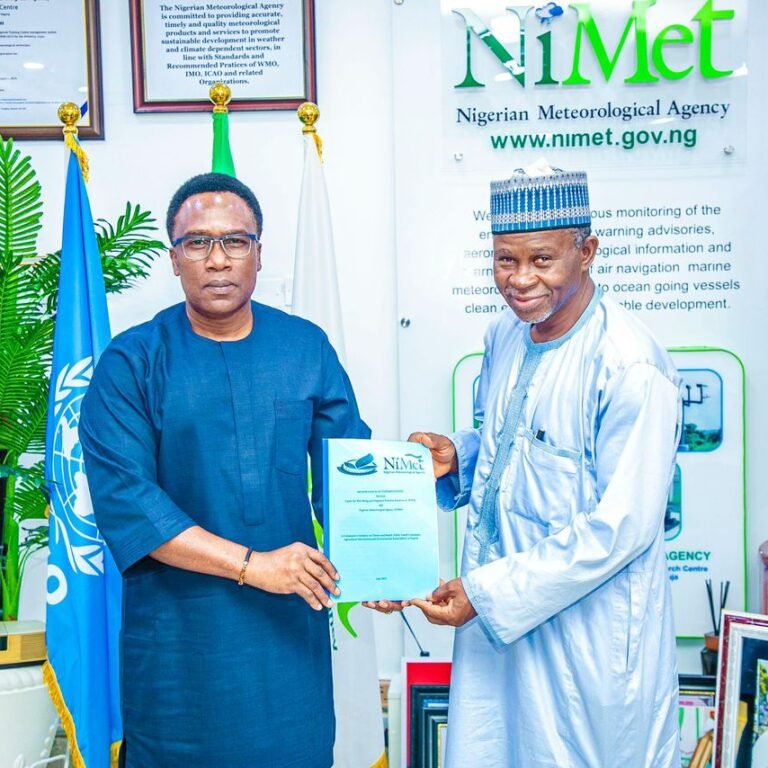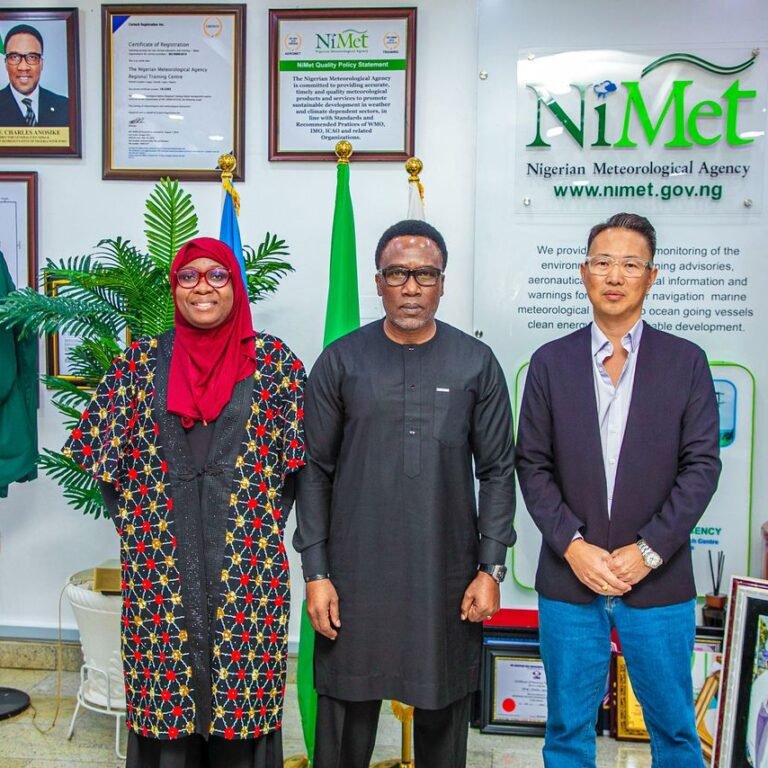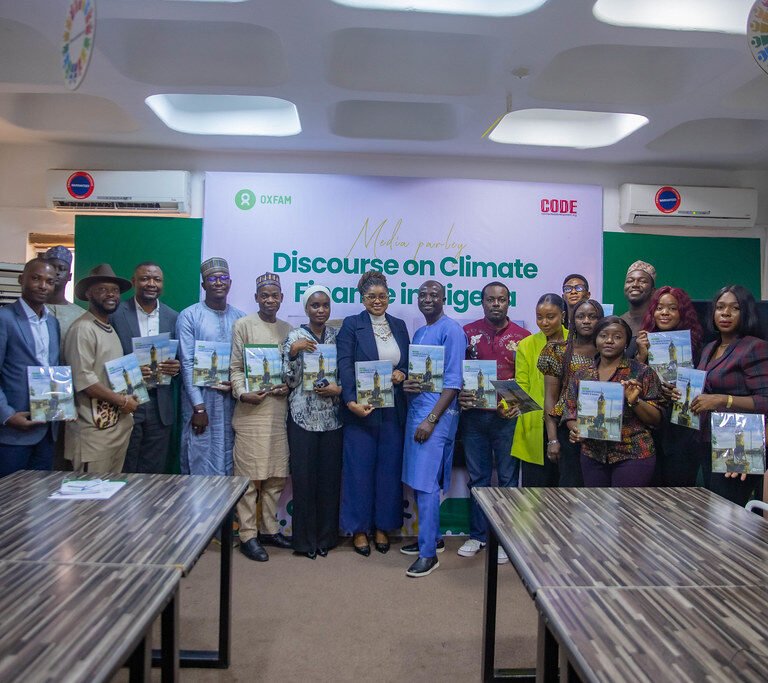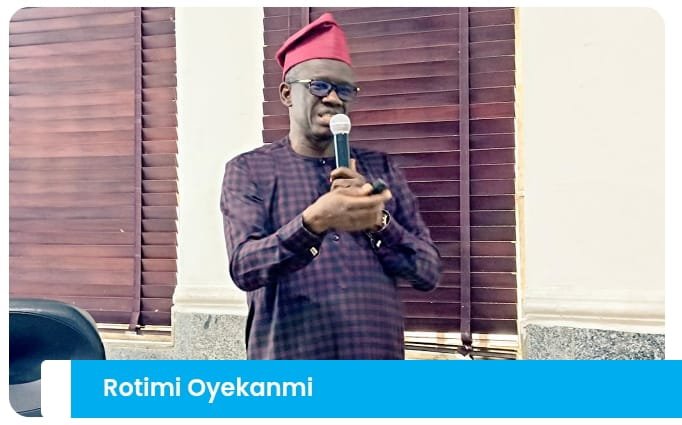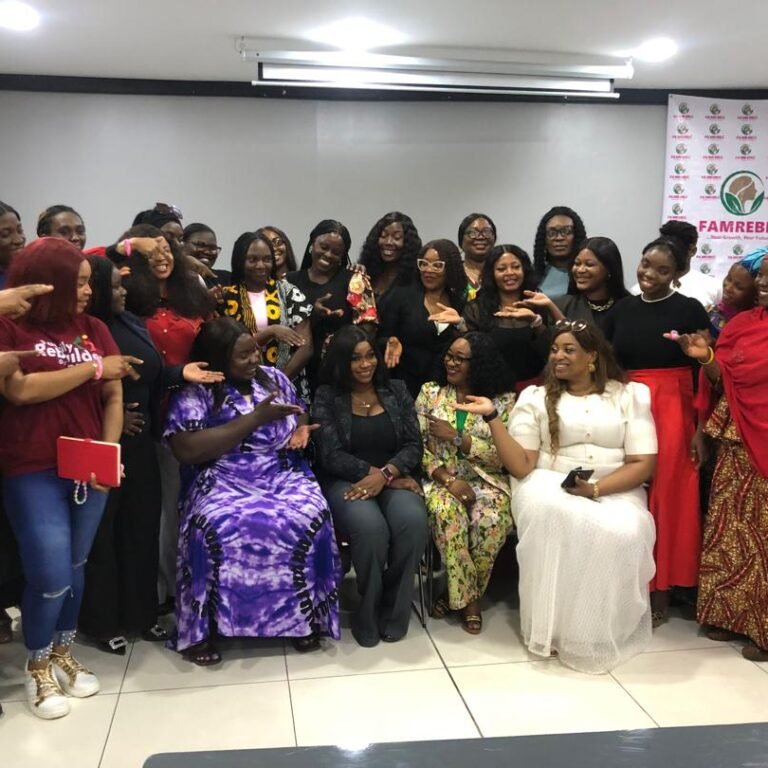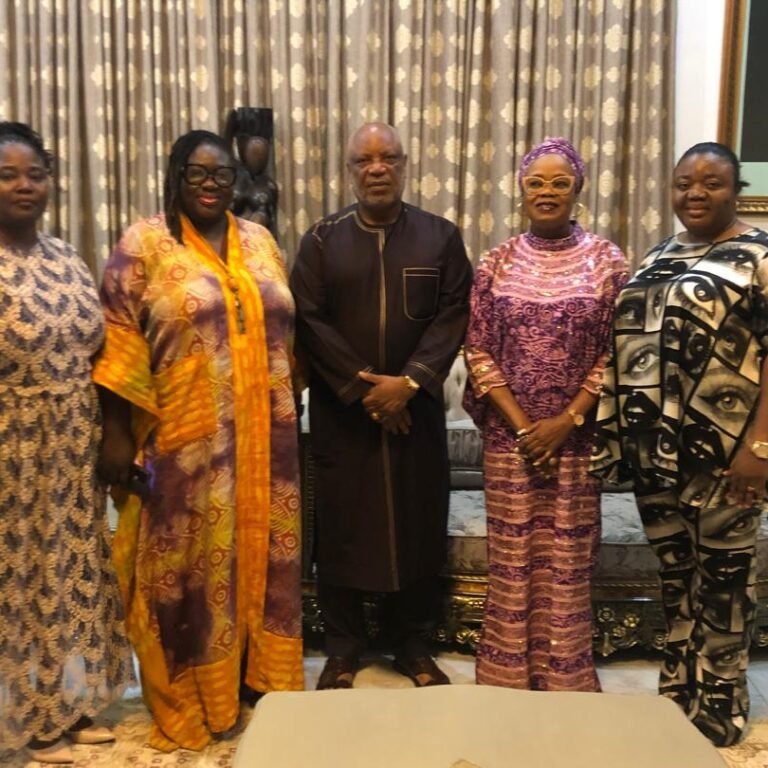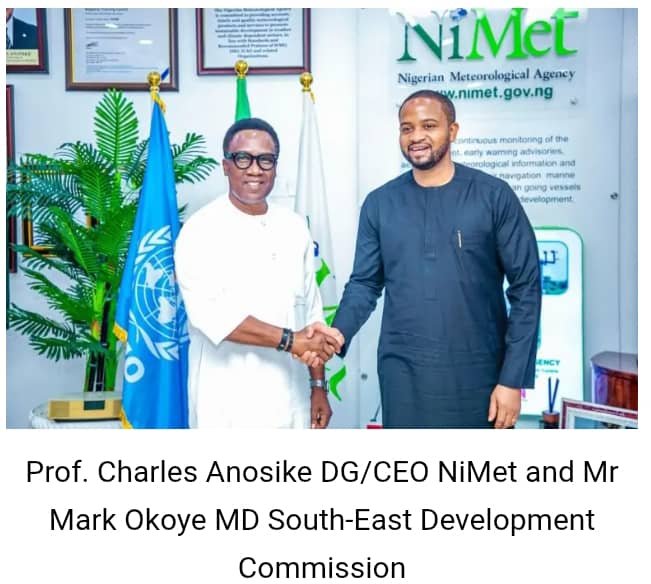
By Ameh Gabriel
In a strategic effort to tackle climate-related disasters and drive sustainable development in Nigeria’s South-East, the Nigerian Meteorological Agency (NiMet) and the South-East Development Commission (SEDC) have announced a new partnership aimed at enhancing climate resilience across the region.
This collaborative agreement was the outcome of a high-level meeting held today in Abuja between Professor Charles Anosike, Director General and CEO of NiMet, and Mr. Mark Okoye, Managing Director of the SEDC.
Mr. Okoye reaffirmed the commitment of President Bola Ahmed Tinubu, GCFR, to regional development through institutions like the SEDC. He noted that the Commission was established to spearhead reconstruction, rehabilitate critical infrastructure, and tackle ecological and developmental challenges in the South-East.
“The SEDC is focused on building strategic partnerships that will de-risk economic sectors and drive long-term growth,” Okoye said. “Our collaboration with NiMet will help us deliver targeted climate-smart interventions that improve resilience in vulnerable communities.”
In response, Professor Anosike welcomed the partnership, commending the Commission’s vision and affirming NiMet’s commitment to supporting sustainable development in the South-East.
He cited NiMet’s successful collaboration with the North-East Development Commission (NEDC), where early warning services and climate data supported regional recovery efforts. He assured that similar support would be extended to the SEDC.
“Our mission is to help identify climate vulnerabilities and provide scientific tools to address them,” Anosike stated. “Whether it’s flash floods, soil erosion, or extreme weather events, NiMet is equipped to provide timely, actionable information that safeguards lives and livelihoods.”
Professor Anosike also highlighted the importance of downscaling NiMet’s Seasonal Climate Predictions to support climate-smart agriculture and food security, a core goal under the Federal Government’s food systems security initiative.
He further stressed the need for capacity building and grassroots advocacy to bridge the climate information gap, enabling citizens to make informed, climate-resilient decisions.
At the end of the meeting, both agencies agreed to formalise their collaboration through a Memorandum of Understanding (MoU), which will serve as a framework for joint public-private engagements and aligned federal efforts.
The partnership is expected to play a key role in improving climate adaptation, boosting local capacity, and reinforcing national development goals in the South-East region.


